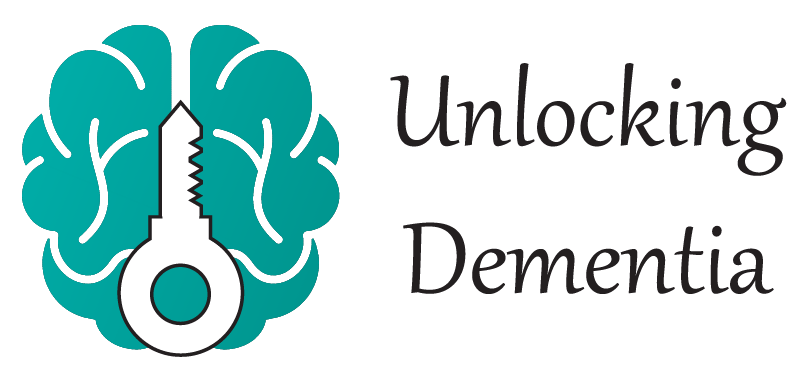Your loved one has been diagnosed with some form of dementia or one of the associated diseases like Parkinson’s or PTSD. Now what? What are some of the things I can expect them to do or not do now?
Once you understand how the brain operates and the type of dementia that has been diagnosed, you can manage some of the more common actions of those living with dementia. Forgetfulness, repeating the same question, again and again, performing the same action or constant rocking, unable to remember simple things from the day before.
All these actions are caused by the brain losing interconnectivity because of malfunctions in the brain. Stress, poor diet, lack of exercise, and even genetics can impact the health of our brains. Plaque builds up in the brain much like plaque in the blood vessels. Both impact the body. The blood vessels constrict causing strain on the blood vessels and heart. Plaques in the brain cause the neural fibers that form connections between areas of the brain to get tangled and connections are broken.
